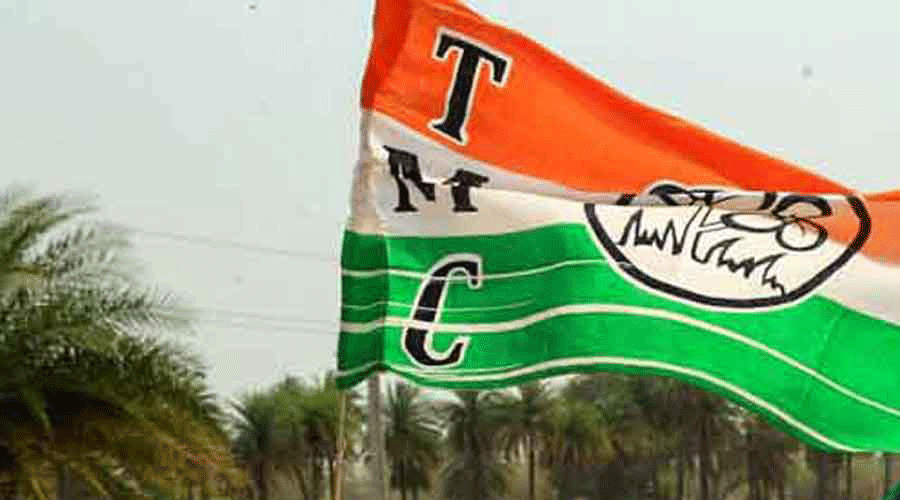A little over four years ago, some youths rung the doorbell at 90, Sarat Bose Road and demanded from the frail, ailing elderly woman who had opened the door that the family should get all building materials required for the on-going renovation of the house from them.
Stung by the demand the elderly woman informed the group that the house they had come to belonged to Subhas Chandra Bose.
Undaunted, someone among the youth demanded, “Then call Subhas da (Tahole Subhas da ke deke din).”
The woman was Krishna Bose, a former Trinamul MP, whose son, historian Sugato Bose, was then an MP of the same party. Soon enough, the harried first-time MP had informed the party’s state president Subrata Bakshi and secretary-general Partha Chatterjee.
More than four years later, days before Sunday’s polls for the Calcutta Municipal Corporation, chief minister Mamata Banerjee, arguably the first chief minister of the state to have actively campaigned for a civic poll which most believe the Trinamul will easily win, has been talking about stamping out the party-builder nexus that is commonly known as "syndicate raj".
This building supplier syndicate and Mamata’s public denouncement are nothing new. She has been saying this again and again. During previous elections, Opposition leaders, including no less a figure than the Prime Minister, had made syndicate raj a key talking point in their campaign. This summer’s Assembly elections saw "syndicate raj" being condemned by several leaders.
The Calcutta Municipal Corporation, since 2010, has been run by the Trinamul Congress. Both its mayors in these 10 years are facing corruption charges and were even put behind bars, along with the first Trinamul mayor, the late Subrata Mukherjee.
Trinamul’s all India general secretary and Diamond Harbour MP Abhishek Banerjee has claimed the party will win no less than 135 of the 144 wards.
In the Assembly polls, Trinamul had won all the 11 seats in Calcutta. Logically, therefore, the civic polls should have been held more than a year ago. But the Mamata Banerjee government pushed it back due to several factors. The state government's poor handling of relief distribution in the the aftermath of the Amphan cyclone, accusations of corruption, the much talked about syndicate raj and deep forays made by the BJP a year ago in the 2019 Lok Sabha polls, were weighing on Didi and the Trinamul.
Between then and now, things have changed completely for Mamata after she scored a spectacular win in the Assembly polls, reduced the Congress and the Left to zero seats in the Assembly and stopped the BJP’s onslaught. In the by-polls to vacant Assembly seats, Mamata has successfully kept the scoresheet clean. Beyond the borders of Bengal, she has expanded her party to Meghalaya, Haryana and Goa in the last one month.
For the Trinamul Congress, a clinching victory (winning more than 130 seats) will once again confirm the electoral invincibility of Mamata and send a message to the other states that Mamata remains the strongest leader in Bengal, who can challenge the Narendra Modi-Amit Shah might in Delhi.
The BJP. which has been stung by a series of desertions in Bengal since the Assembly polls when it emerged as the only Opposition within the House, would like to retain its status as the Number Two in the city, which could give it a fighting chance in the Lok Sabha polls of 2024.
For the Congress and the Left, which went their separate ways since its pre-poll alliance in the Assembly polls failed to give them even a single seat, are looking at arresting their slide in the vote share.
“Had the Congress and the Left reached an understanding for the CMC polls, we could have had a chance. The anti-incumbency factor is there. Trinamul has been running the show at the CMC for more than 10 years now. They have nothing new to offer. Sadly, we have missed an opportunity to put up a fight,” said a Congress leader.











